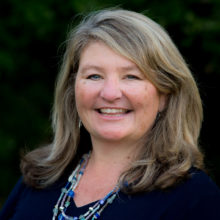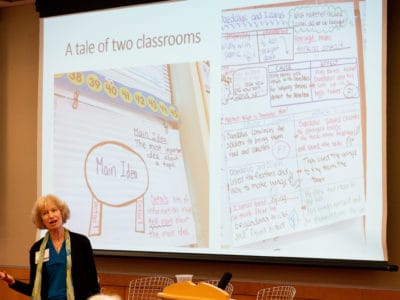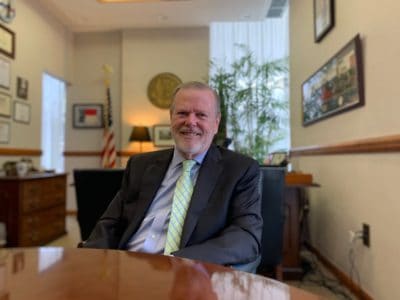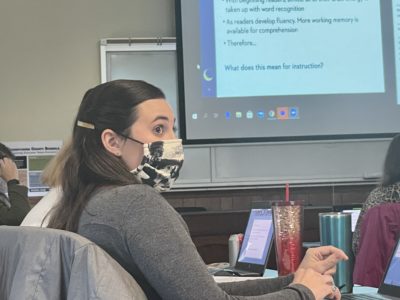

The following is Mary Ann Wolf’s “Final Word” from the March 19, 2021 broadcast of Education Matters: “The science of reading and building literacy schools for children.”
A child who is not reading on grade level by third grade is significantly less likely to graduate from high school, and 88% of students who drop out of high school were not reading on grade level in third grade (Anne E. Casey Foundation, 2010). As we look at graduation rates, college readiness, or academic proficiency in later years, many of these outcomes can be tied back to early childhood education and literacy. This is not to discount the critical nature of other factors, but early literacy, especially reading on grade level by the third grade, is often a predictor of success for our students.
Many factors contribute to successful early literacy — including students’ lived experiences from birth through kindergarten, their access to books and texts in their early years, whether or not they attended preschool, their nutrition and health and the ranges in school readiness with which students enter our public school system. While many organizations and school systems partner to support these factors, how literacy is addressed lays the foundation for a student’s schooling, as well as future opportunities and success in college, career, and citizenship.
The state has focused on early literacy explicitly for many years, but the efforts have not led to the results we want as a state overall with only about 57% of our children reading proficiently in the third grade in 2018-2019. Many are looking to address this gap.
In a complex political environment with many competing interests and needs, renewed support at the state level — from the Department of Public Instruction, the State Board of Education, and the legislature — seems to be coming together around early literacy. Specifically, the discussion continues to center on the science of reading as the critical approach to follow.
We heard during the latest episode of Education Matters about the science of reading, an approach steeped in research-based strategies that address neuroscience and how the brain learns to read. While this approach is often assumed to be synonymous with phonics, it goes beyond that to include phonemic awareness, fluency, comprehension, vocabulary – and phonics (Korbey, KQED, 2020).
Supporters of the science of reading share that understanding the cognitive processes that go into learning to read and how to effectively integrate that into daily instruction and support for students has the potential to reach more students and increase the literacy rate of our students substantially.
Moving in this direction and implementing this approach to literacy across the state will take human and financial resources, partnership with districts, collective buy-in, and ongoing commitment to make this a reality for students. Targeted investment strategies, pre-service preparation for teacher candidates, professional learning for teachers, long-term support for recruiting and retaining effective and diverse teachers, and appropriate staffing to ensure that using this approach meets the needs of students and schools will all be critical as together we look toward moving toward this literacy approach here in North Carolina.
We must also recognize that some teachers are already implementing practices that align with the science of reading with their students.
As we look at strategies to support the short- and long-term needs of North Carolina and its students, a focus on early literacy has the potential to lay the foundation for our students’ academic success and will take resources and a deep partnership with districts, schools, and teachers.




